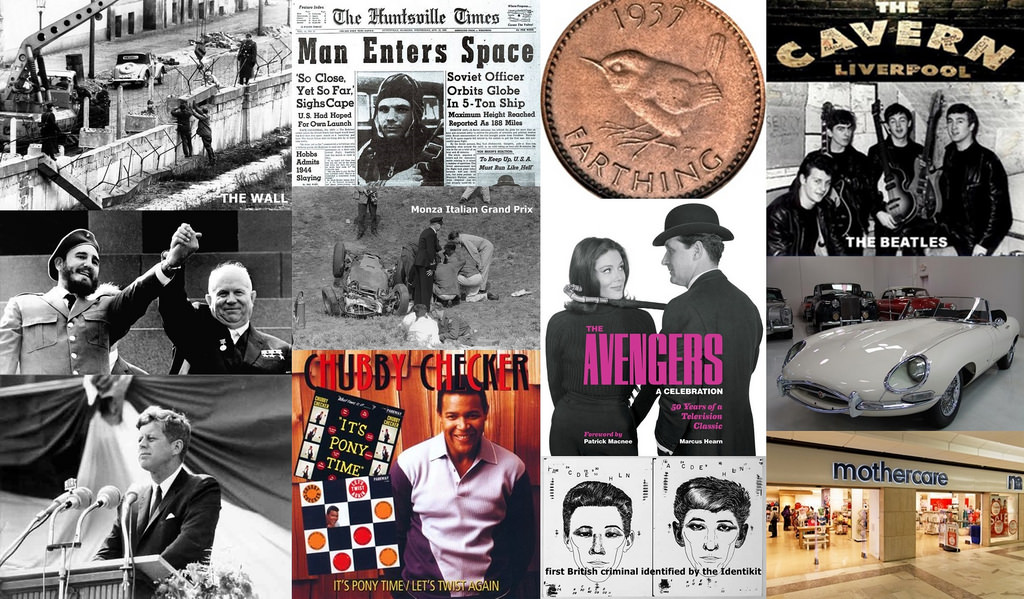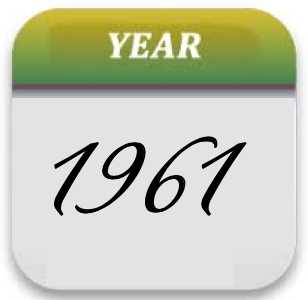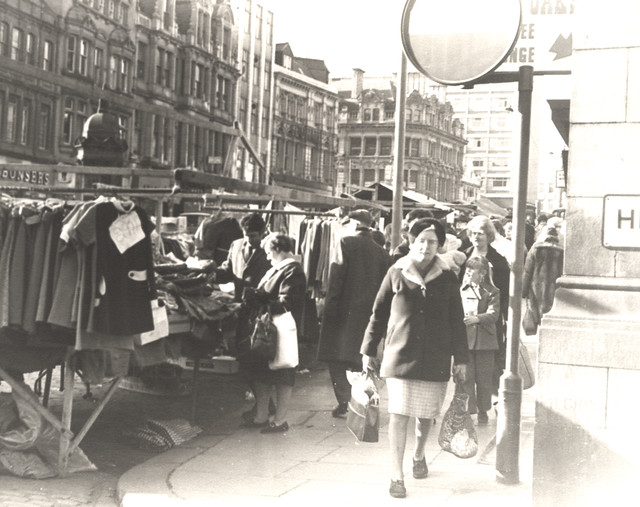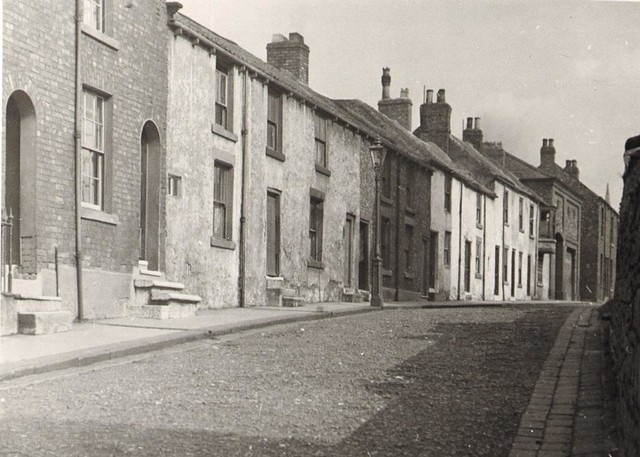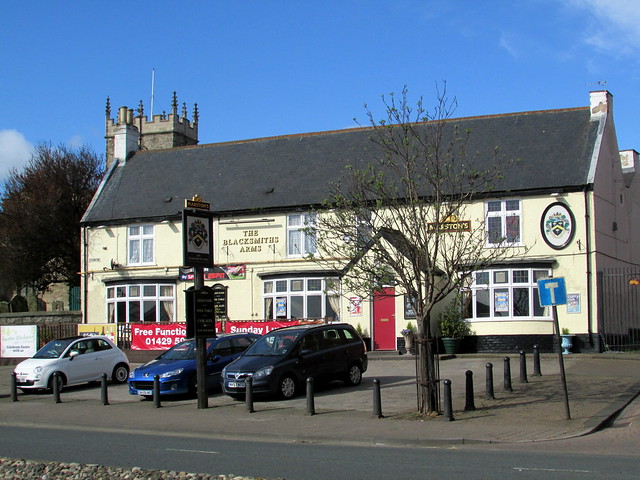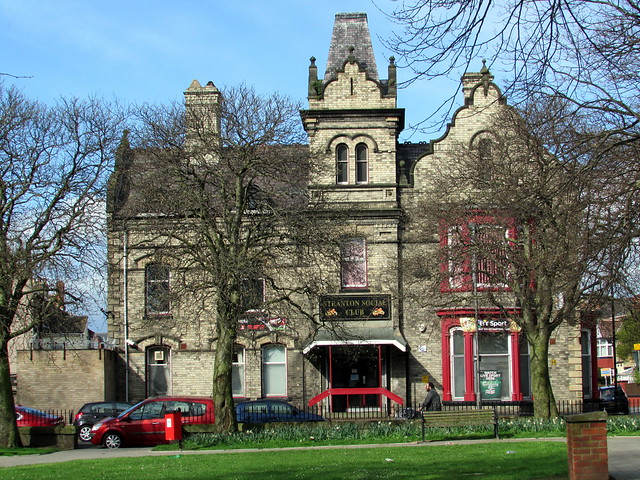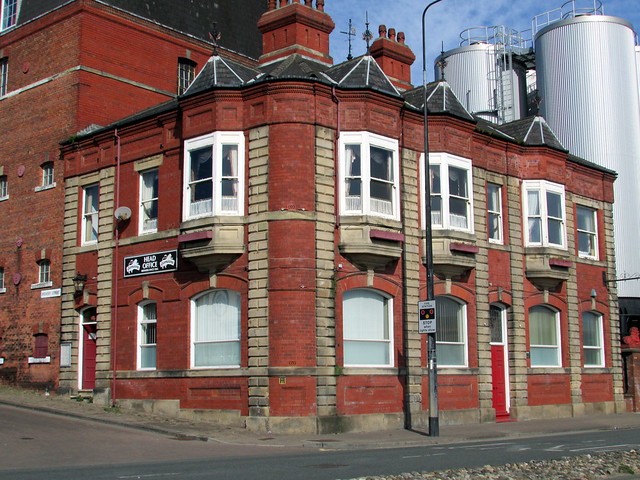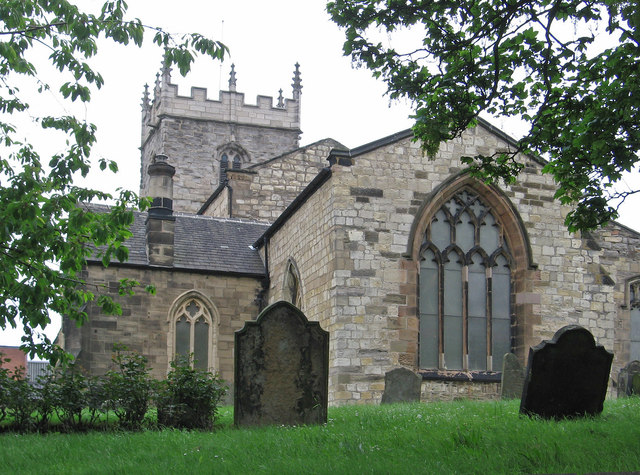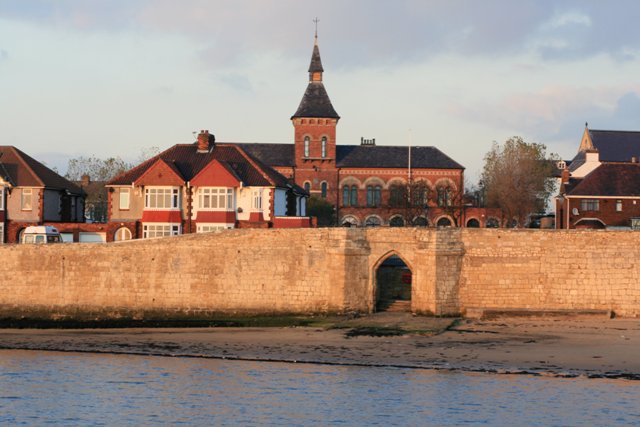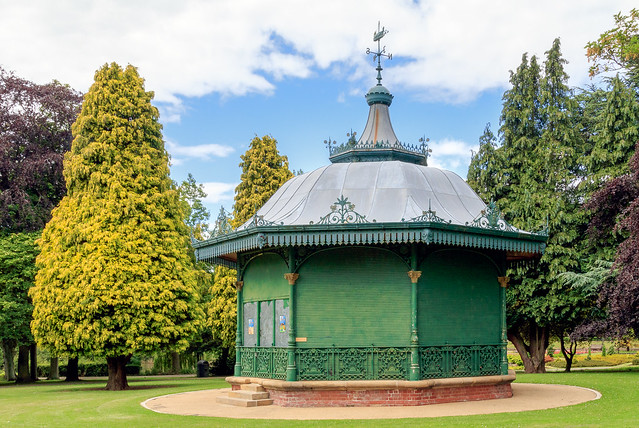That Was the Year That Was - 1961

-
Description
World News USSR detonates 50-megaton hydrogen bomb in the largest man-made explosion in history. 1961 The cold war continued to worsen with the USSR exploding some very large bombs during testing and then masterminding the building of the Berlin Wall separating East from West Berlin, America sent a battle group to Germany and Americans and Russians Glared at each other across the border, due to this uncertainty many Americans built backyard fallout shelters in case of nuclear war. 20% of the entire East German population leave and defect for West Germany including a high percentage of engineers, technicians, physicians, teachers, lawyers and skilled workers. January 20th John Fitzgerald "Jack" Kennedy becomes the 35th President of the United States. To make matters worse the Americans financed anti-Castro Cubans for an invasion at the bay of pigs which was an unmitigated disaster. The Soviets put the first man in space on April 12th Yuri Gagarin followed by the US in May with Alan Shepard. Members of The UK Portland Spy Ring are found guilty of selling plans of the HMS Dreadnought, Britain's first nuclear submarine to the Russians. Italy - During the Monza Italian Grand Prix Race Baron Wolfgang von Trips Ferrari crashes off the track onto embankment filled with spectators killing 14 plus the driver. The World Wide Fund for Nature (WWF) started. Popular music included Chubby Checker's “Pony Time” and “Will You Love Me Tomorrow” by the Shirelles, and top movies included "West Side Story" and "The Parent Trap.” Patsy Cline releases "I Fall to Pieces" and "Crazy." The success of the songs help her cross over from country to pop. The film “Babes In Toyland” premieres during December of 1961. “Babes In Toyland” was created by Walt Disney and was the first live action musical to be produced by the company. The film, starred Ray Bolger, Tommy Sands, Ed Wynn, and Annette Funicello. The Mother Goose themed musical focused on the evil character of Barnaby’s plot to derail the upcoming marriage between characters Tom and Mary in an attempt to further his own romantic agenda. Despite heavy promotion the film was considered a flop for Disney but it did receive two Academy Award nominations for Best Costumes and Best Music. Pampers the first disposable diaper introduced. News & Events 1961 in the United Kingdom 1 January -The farthing coin, used since the 13th century, ceases to be legal tender in the United Kingdom. The Conservative Monday Club is established. 7 January - The Avengers television series first screened on ITV. 9 January - British authorities announce that they have discovered a large Soviet spy ring in London. 3 February – The final live episode of Coronation Street is aired. From now on all episodes are prerecorded. The next live transmission will not occur until 8 December 2000. 5 February - Sunday Telegraph first published. 19 February - Police break up a demonstration outside the Belgian embassy in London protesting about the murder of the ex-Prime Minister of the Democratic Republic of the Congo, Patrice Lumumba. 8 March - Edwin Bush is arrested in London for the capital stabbing of Mrs. Elsie May Batten. He is the first British criminal identified by the Identikit facial composite system. 13 March - The five members of the Portland Spy Ring go on trial at the Old Bailey accused of passing nuclear secrets to the Soviet Union. Black and white £5 notes cease to be legal tender. 18 March - The Allisons represent the UK in the Eurovision Song Contest, held at Cannes in France. They finish second with "Are You Sure?", a song the duo wrote themselves. The song sells a million copies and goes to number 2 in the official UK singles chart (#1 in some charts). 20 March - Shakespeare Memorial Theatre, Stratford-upon-Avon, becomes the Royal Shakespeare Theatre and its company the Royal Shakespeare Company (Peter Hall (director). 21 March - The Beatles perform at the legendary Cavern Club in Liverpool for the first time. 3 April - The Jaguar E-Type, a sports car capable of 150 mph, is launched as a two-seater roadster or 2+2 coupé. 17 April - Tottenham Hotspur win the Football League First Division for the second time, with a 2-1 win over Sheffield Wednesday. They have failed to win it since. 27 April - Sierra Leone gains independence from the UK. 29 April – Westward Television, the first ITV franchise for South West England, goes on air. 1 May - Betting shops become legal under terms of the Betting and Gaming Act 1960. A fire at the Top Storey Club in Bolton results in nineteen deaths. A new Licensing Act is rapidly passed to improve fire safety. 2 May - The United Kingdom becomes a member of the OECD. 6 May - Tottenham Hotspur becomes the first English football team this century, and only the third in history, to win the double of the league title and FA Cup, with a 2-0 victory over Leicester City in the FA Cup Final. (The last previous team to achieve this were Aston Villa in 1897.) 8 May - George Blake is sentenced to 42 years imprisonment for spying, having been found guilty of being a double agent in the pay of the Soviet Union. 17 May - Consecration of Guildford Cathedral. 28 May - Peter Benenson's article "The Forgotten Prisoners" is published in several internationally read newspapers. This will later be thought of as the founding of the human rights organization Amnesty International. 8 June - Prince Edward, Duke of Kent, marries Katharine Worsley at York Minster. 14 June - The government unveils new "panda" crossings with push button controls for pedestrians. The new crossings appeared on Britain's roads in April 1962. 19 June - The British protectorate ends in Kuwait and it becomes an emirate. 27 June - Michael Ramsey enthroned as the 100th Archbishop of Canterbury, in succession to Geoffrey Fisher. Kuwait requests British help; the United Kingdom sends in troops. 30 June - The popular radio comedy programme Hancock's Half Hour is aired for the last time. July - Government calls for a voluntary 'pay pause' in wage increases (continuing to April 1962). 4 July - Barclays open their 'No. 1 Computer Centre' in Drummond Street, London, with an EMI mainframe computer, Britain’s first bank with an in-house computing centre. 8 July - In an all-British women's final to The Championships, Wimbledon in tennis, Angela Mortimer beats Christine Truman. 15 July - The 1961 British Grand Prix was a Formula One motor race, held on 15 July 1961 at the Aintree Circuit, near Liverpool. It was the fifth race of eight in the 1961 World Championship season. Following a wet weekend, with torrential rain affecting both qualifying and the race start, the Grand Prix was ultimately dominated by Scuderia Ferrari, with their drivers taking all three podium positions. The race was won by German Wolfgang von Trips, who had led for much of the race after starting from fourth place. This was von Trips's second and last Grand Prix victory, as two races later he was killed in an accident during the 1961 Italian Grand Prix. Pole position winner Phil Hill drove to second place, on his way to winning the World Drivers' Championship at the end of the season, and third place was taken by Hill's American compatriot Richie Ginther. 21 July - The Runcorn Widnes Bridge (later known as the Silver Jubilee Bridge) over the River Mersey opened by Princess Alexandra. 25 July - The Lancashire-set film Whistle Down the Wind, starring Hayley Mills and Alan Bates, opens. 10 August - Britain applies for membership in the EEC. 16 August - The play Lady Chatterley by John Harte - based on D. H. Lawrence's novel - opens at the Arts Theatre in London and is well reviewed by West End theatre critic Harold Hobson. 23 August - Police launch a manhunt for the perpetrator of the A6 murder, who shot dead 36-year-old Michael Gregsten and paralysed his mistress Valerie Storie. 25 August - Police in Birmingham launch a murder inquiry after the body of missing teenager Jacqueline Thomas is found on an allotment in the Alum Rock area of the city. 31 August - Premiere of the film Victim, notable as the first in English to use the word "homosexual". September - First Mothercare shop opens, in Kingston upon Thames. Myra Hess gives her last public concert, at London's Royal Festival Hall. 1 September – Border Television, the ITV franchise for the English-Scottish Border and Isle of Man, goes on air. 4 September - James Pitman's Initial Teaching Alphabet is tested in a number of schools. 14 September - Film A Taste of Honey, including themes of interracial relationship, unmarried pregnancy and homosexuality, released. 16 September - Three people die and 35 are injured when a stand collapses during a Glasgow Rangers football match at Ibrox Park. 17 September - Police arrest over 1,300 protesters in Trafalgar Square during a CND rally. 30 September – Grampian Television, the ITV franchise for North East Scotland, goes on air. October - Acker Bilk's Stranger on the Shore released. 1 October - Religious programme Songs of Praise first broadcast on BBC Television; it will still be running fifty years later. 2 October – Points of View, featuring the letters of viewers offering praise, criticism and comments on the television of recent weeks, debuts on BBC Television. The series will still be on the air more than 50 years later. 9 October - Skelmersdale, a small Lancashire town 15 miles north-east of Liverpool, is designated as a new town and its population will expand over the coming years, bolstered by large council housing developments to re-house families from inner city slums on Merseyside. 10 October - The population of the South Atlantic island of Tristan da Cunha is evacuated to Britain because of a volcanic eruption. 25 October - The first edition of Private Eye, the satirical magazine, is published. 8 November - In a referendum on Sunday opening of public houses in Wales, the counties of Anglesey, Cardiganshire, Caernarfonshire, Carmarthenshire, Denbighshire, Merionethshire, Montgomeryshire and Pembrokeshire all vote to stay "dry", that is, opposed to alcohol. 9 November - At the Lyceum Theatre, London, Miss United Kingdom, Welsh-born Rosemarie Frankland, becomes the first British winner of the Miss World beauty pageant. 27 November - Royal Air Force participates in air drops of food to flood victims in Somalia. 4 December - Birth control pills become available on the National Health Service after their availability is backed by Health Minister Enoch Powell. 9 December - Tanganyika gains independence from the UK. Park Hill Flats, Sheffield, opened. Popular music in the UK was still dominated by American acts. Skiffle and traditional jazz were still popular. David Davis is appointed head of children's sound broadcasting at the BBC. Radio personality Irene Thomas enters and wins the Brain of Britain contest, heralding a forty-year period as a mainstay of radio panel game quiz programmes. Release of short documentary film Seawards the Great Ships, which will be the first Scottish film to win an Academy Award. The 1961 English cricket season saw Richie Benaud lead Australia to another Ashes victory. Wimbledon Women: Angela Mortimer d. C. Truman (4-6 6-4 7-5) Men: Rod Laver d. C. McKinley (6-3 6-1 6-4) The 1960–61 was the inaugural staging of the Football League Cup, The tournament was won by Aston Villa, who beat Rotherham United 3–2 on aggregate after extra time. Although Aston Villa are credited as the League Cup Winners in 1960–61, both legs of the Final were held over until after the commencement of the 1961–62 season due to fixture congestion. Villa finally lifted the trophy on 5 September 1961. Top goalscorer: Jimmy Greaves, (Chelsea), 41. Debuts British Television BBC Television Service/BBC TV 14 May – Marriage Lines (1961–1966) 24 September – Stranger on the Shore (1961) 1 October – Songs of Praise (1961–present) 2 October – Points of View (1961–present) 12 November – Sir Francis Drake (1961–1962) 15 December – Comedy Playhouse (1961–1974) ITV 7 January – The Avengers (1961–1969) 28 January – Supercar (1961–1962) 11 March – The Arthur Askey Show (1961) 1 April – Thank Your Lucky Stars (1961–1966) 9 September – Ghost Squad (1961–1964) The Jo Stafford Show (1961) Unknown – Two of a Kind (1961–1968) Popular Culture The farthing coin, used since the 13th century, ceases to be legal tender in the United Kingdom. The Pony become a popular dance. Black and white 5 pound notes cease to be legal tender in the UK. Popular Films The Guns of Navarone The Parent Trap The Absent-Minded Professor 101 Dalmatians Breakfast at Tiffany's El Cid The Misfits The Hustler West Side Story Popular TV Wagon Train Bonanza Gunsmoke Perry Mason The Red Skelton Show Andy Griffith Candid Camera My Three Sons Alfred Hitchcock Presents The Twilight Zone Mister Ed (first broadcast in October, 1961) The Avengers debut in the UK. But it was not seen in the U.S. until 1965. -
Owner
brizzle born and bred -
Source
Flickr (Flickr) -
License
What does this mean? All Rights Reserved (Seek permission to reuse)
-
Further information
Link: https://www.flickr.com/photos/20654194@N07/26896149622/
Resource type: Image
Added by: Peter Smith
Last modified: 5 years, 7 months ago
Viewed: 783 times
Picture Taken: 2016-05-13T16:41:53 -
Co-Curate tags
